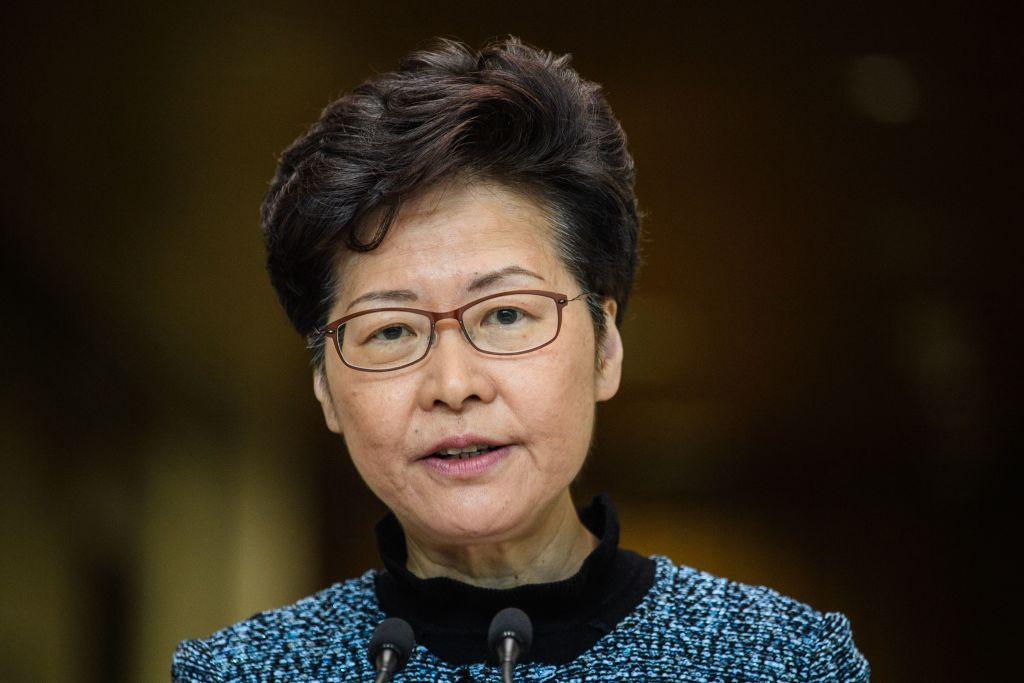Hong Kong leader Carrie Lam has said she has much in power in the city thanks to backing from Beijing, reiterating her support to local police to curb the “violent” protests in her weekly press conference on Oct. 29.
Last week, the Financial Times citing anonymous insiders reported that Xi Jinping was considering replacing Lam with an “interim official” by March next year who would then lead the city government until the next election in 2022.





